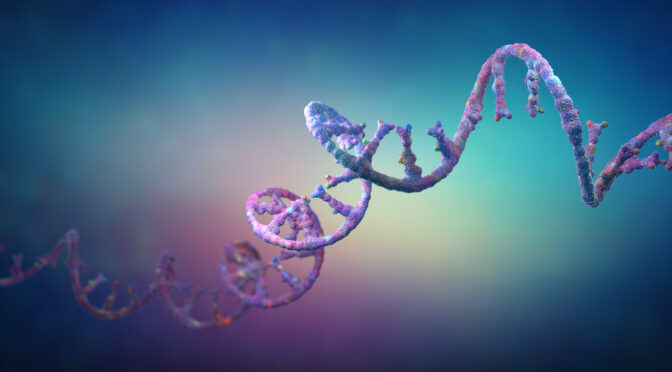Conventional cancer treatment, such as chemotherapy and radiation, focuses on using external methods of destroying cancer cells. Immunotherapy focuses on using your body’s own defenses to fight cancer. Issels® Immunotherapy offers several cancer vaccines that are non-toxic and do not cause adverse effects, including the following.
Prostate Cancer Vaccine
This cancer vaccine helps the immune system find and destroy cancerous cells in the prostate. Prostate cancer vaccines contain monocytes, cytokines, and other elements of the patient’s immune system, which helps provide a more targeted immune response.
Autologous Dendritic Cell Cancer Vaccine
This cancer vaccine involves the use of dendritic cells, which play an important role in the immune system. These cells have a strong potential to trigger an immune response that effectively destroys tumors. This cancer vaccine contains tumor antigens, cytokines, and other elements of the patient’s immune system.
Coley’s Mixed Bacterial Vaccine
This cancer vaccine helps the patient’s body produce interleukins, interferons, and other parts of the immune system that are needed to fight disease.
Lymphokine-Activated Killer Cells
This cancer vaccine contains LAK cells and interleukin-2 that help the patient’s body fight cancer.
Activated Natural Killer Cells
This cancer vaccine contains NK cells and interleukin-2 to help the immune system fight cancer.
Uses for Cancer Vaccines
Cancer vaccines can be used for a wide range of cancer types, including cancers that are typically difficult to treat using conventional methods. Since they use the patient’s immune system to fight cancer, they don’t come with a risk of side effects or adverse reactions as other cancer treatments do. Cancer vaccines are an important part of immunotherapy and provide a highly personalized approach to fighting cancer.
To learn more about immunotherapy as cancer treatment, please contact Issels®. We can give you more detailed information on cancer vaccines and other therapies.






